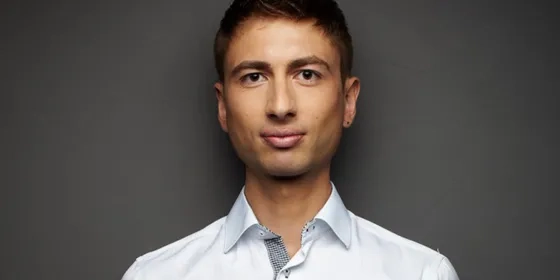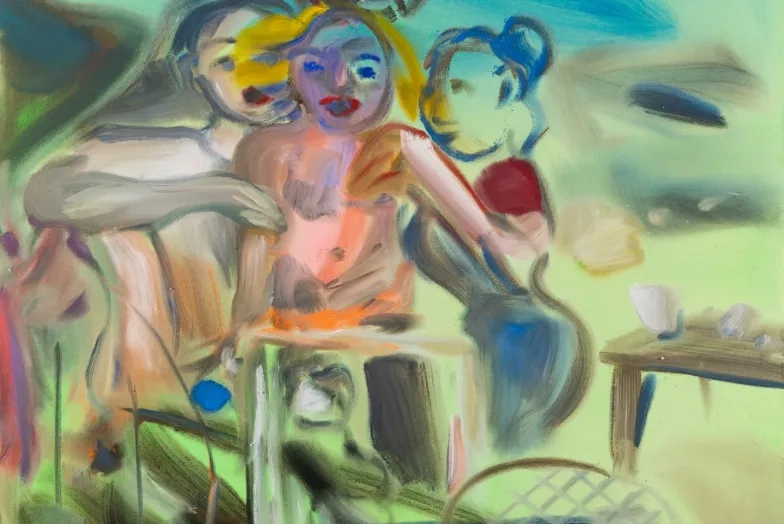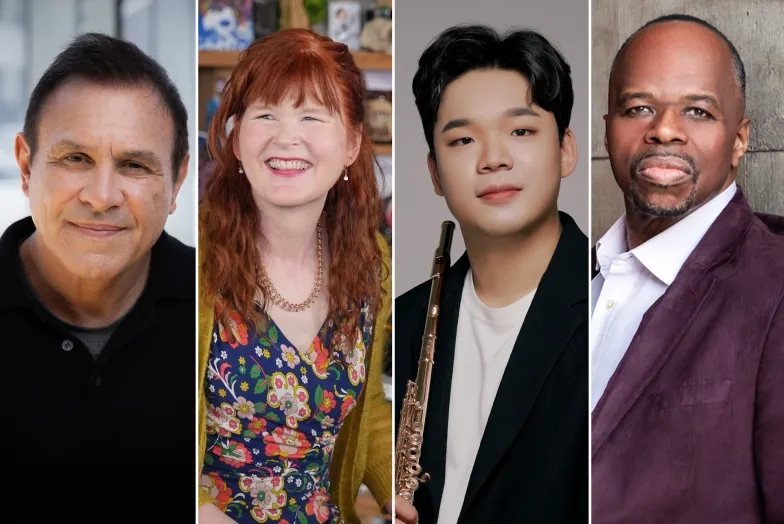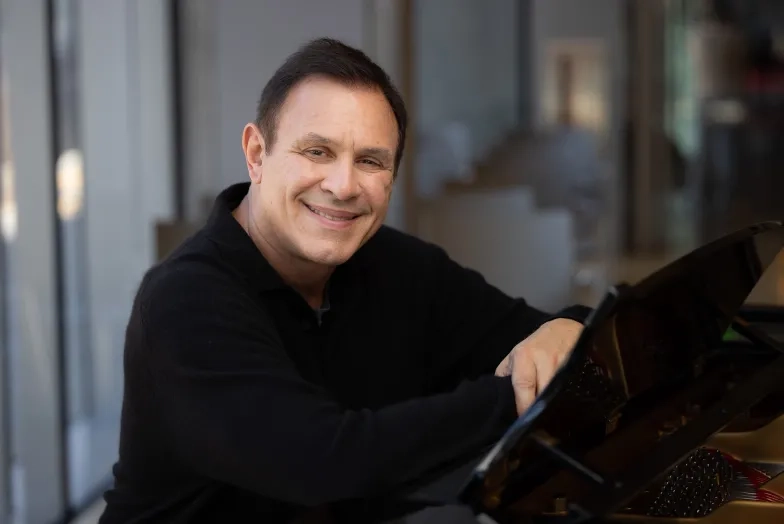Ilya Demutsky ’09 Reflects on San Francisco Ballet Premiere
This season, Ilya Demutsky ’09 saw the premiere of a new work he composed for San Francisco Ballet, Optimistic Tragedy, a collaboration with choreographer Yuri Possokhov. Demutsky expounded on the inception of the work in this interview below.
How did the commission for Optimistic Tragedy come about?
I met choreographer Yuri Possokhov at the Bolshoi Theatre while we were starting work on my full-length ballet, Hero of Our Time. Actually, Kirill Serebrennikov, the director of the ballet, found me on Facebook after he had listened to some of my orchestral works. He introduced me to Yuri, and we met and gladly found out that we were on the same wavelength. I was particularly surprised to learn that Yuri has been choreographer-in-residence for San Francisco Ballet. While we were working on the Hero of Our Time at the Bolshoi, Yuri asked me to compose a new piece for him for San Francisco Ballet.
What did you want to say with this composition?
Discussing the new work, we thought about pure, abstract music without a story. I was given carte blanche on this work. Yuri's only desire was that I compose deeply emotional music. Besides the approximate length, we discussed that it should be a multi-movement piece, some kind of symphony.
While I was composing the piece, I was thinking about feelings and emotions—love, melancholy, passion, fear, pride, doubt, resoluteness, tenderness—everything that can be materialized in Yuri's stunning choreography. This emotional kaleidoscope allowed me to use different genres such as march, waltz, adagio, and bolero. This also makes it sound cinematic. There is much in common between ballet and cinema. Music serves a functional role in these art forms. At the same time, I am convinced that my music is self-sufficient. Here I agree with Stravinsky, who liked to listen to his ballet music in concert.
How did your music influence the ballet’s narrative?
The military sound emerged accidentally from the very beginning of the work. The first movement is a march with a keen rhythm, syncopation, rich harmonies, and wide, flowing melodic lines. I developed and varied these elements through the piece to make the ballet smooth in terms of musical architecture. I made absolutely no changes after I had shown the piece to Yuri for the first time. After he had listened to it, he asked me if I knew the Soviet play An Optimistic Tragedy, written in 1933, which takes place during the Russian Revolution of 1917. We suddenly found that my music unexpectedly falls under that story. Another crucial moment for choosing the play as a plot for the future ballet was that 2017 marks the 100th anniversary of the the Great October Socialist Revolution. As we had to adapt the piece to the chosen story, we decided to cut a few sections. We made them so gently that the musical form was not damaged.
How do you see this work in terms of your individual musical voice?
When I was studying at the San Francisco Conservatory of Music, my composition teacher, David Conte, said to me: “Ilya, never lose your composer's voice. Save the so-called ‘Russianness’ in your music.” It is true that Russian (and Soviet) music influenced me a lot. Tchaikovsky, Prokofiev, Stravinsky, Rachmaninoff, and Shostakovich had a profound impact on me. But in my work, you can also catch the intonation not only of Russian music, but also of Mahler, Ravel, Richard Strauss, and Berg. I'm not shy about looking back at my predecessors. I’m not afraid to borrow some interesting inventions from their music as I continue to learn and develop my own voice.



